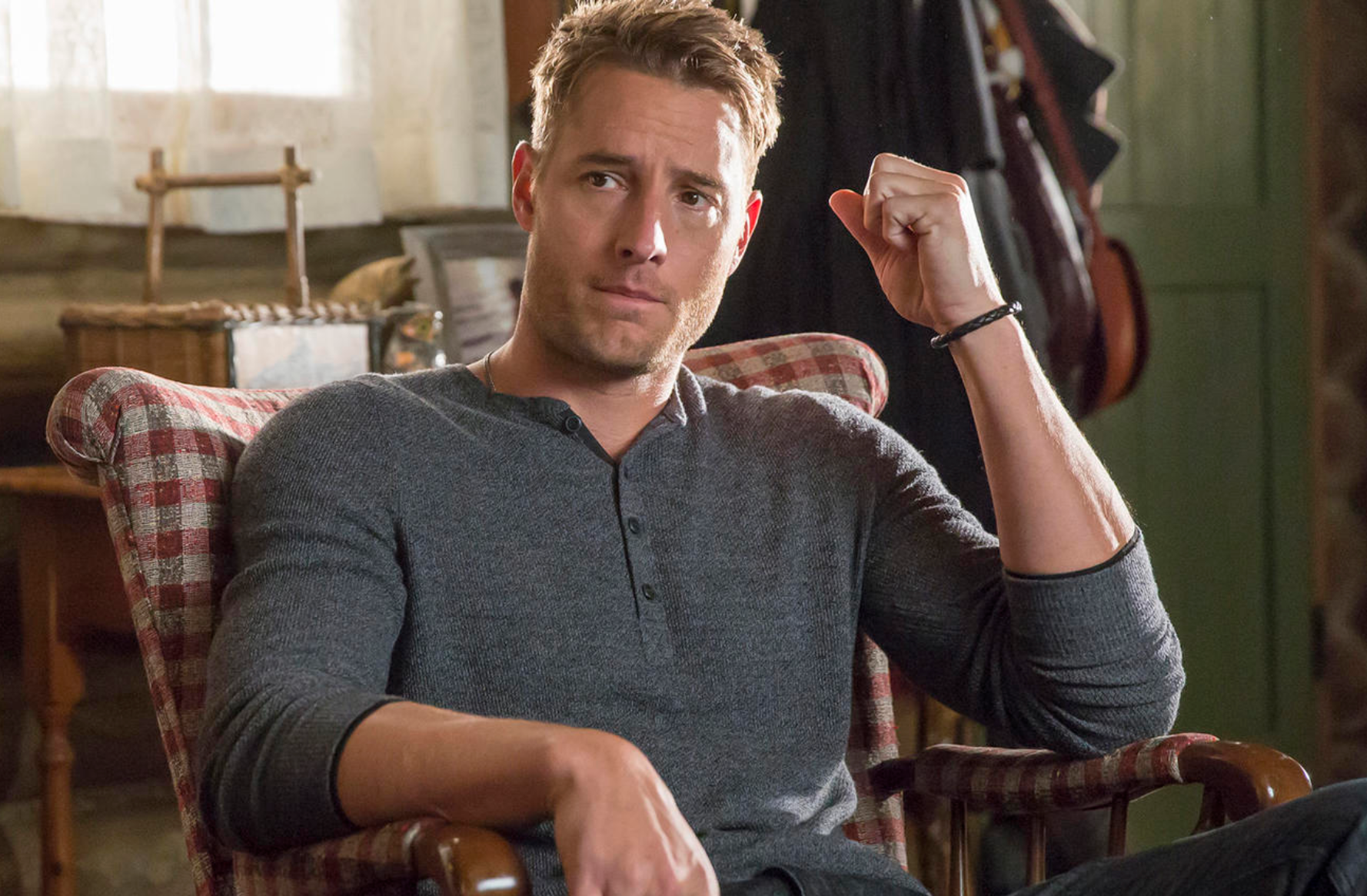
In an Era of Overexposure, Hartley’s Balance Between Visibility and Vulnerability Sets a New Standard
In Hollywood, where fame is often fed by a constant churn of selfies, clickbait, and confessions, privacy can feel like a relic. But Justin Hartley—actor, father, producer—has carved out a rare path: one that embraces visibility without surrendering his soul. While many celebrities allow their private lives to become their brand, Hartley resists the trend, guarding his emotional core even as his career expands.
His fame has grown steadily, fueled by breakout roles in This Is Us and Tracker, by award nominations and cover stories. And yet, Hartley seems to move through public life with quiet restraint. His is a kind of intentional, curated humility—a fame that connects without consuming.
This article explores how Justin Hartley manages the contradictions of modern celebrity: being known without being exposed, admired without being owned.
The Rise Without the Frenzy
Justin Hartley is not a star who “broke the internet.” He didn’t explode into public consciousness through scandal or a viral moment. Instead, his ascent was the slow burn of craftsmanship. From soap operas to superhero shows to critically acclaimed network dramas, Hartley’s career is built on consistency.
That consistency has shaped the way fans view him: not as a celebrity spectacle, but as a trusted figure. You don’t follow Hartley for chaos—you follow him because he’s solid, relatable, and real.
“There’s something calming about him,” one fan posted on Reddit. “You never feel like he’s about to implode. He just does the work and goes home.”
Protecting the Personal: Family, Divorce, and Dignity
One of the most telling chapters in Hartley’s public life was his very public divorce from Selling Sunset star Chrishell Stause in 2019. The breakup, dramatized on reality TV and dissected across tabloids, thrust Hartley into an uncomfortable spotlight. And yet, in the storm of speculation, Hartley chose silence.
He didn’t release statements. He didn’t take interviews. He didn’t retaliate.
“I understand people are curious,” he later told Haute Living. “But my personal life isn’t a storyline.”
Hartley’s decision to withhold comment wasn’t out of coldness—it was a boundary. A refusal to weaponize pain for sympathy or fame. Instead, he focused on co-parenting, his daughter’s well-being, and his work. It was, in many ways, the most dignified response possible in a world that profits from oversharing.

Love Without Performance: Marriage to Sofia Pernas
Hartley’s second marriage, to actress Sofia Pernas in 2021, has been remarkably free from tabloid drama. While the couple occasionally shares affectionate posts on social media, their relationship is largely off the radar.
They attend events together, speak supportively of each other in interviews, and exude a sense of quiet partnership. But they do not invite the public into their private spaces.
This is by design.
“I’m incredibly happy,” Hartley said in a rare interview about his relationship. “But some things are just meant for us.”
In an industry that often equates love with PR, Hartley and Pernas are practicing something radical: joy that doesn’t demand validation.
Social Media: Controlled Openness
Hartley’s presence on platforms like Instagram is warm but measured. You’ll find behind-the-scenes shots, tributes to cast and crew, and the occasional humorous video. But you won’t find drama. You won’t find soapbox rants. You won’t find him chasing engagement with sensationalism.
His feed reflects his values: gratitude over bragging, authenticity over perfection.
He once said, “If I post something, it’s because I want to celebrate something, not because I’m chasing likes.”
In doing so, Hartley has created a rare kind of social media relationship with fans: one that feels human, not algorithmic.
The Price of Peace: Walking Away from Toxic Attention
Hartley has spoken candidly about the mental health toll that can come with public scrutiny. He believes that peace is sometimes bought at the cost of visibility—and he’s willing to pay that price.
“There’s a danger in needing the spotlight too much,” he told Men’s Health. “It can distort your sense of self.”
To protect his mental and emotional health, Hartley limits his interviews, declines projects that demand performative public access, and surrounds himself with people who value privacy over proximity to fame.
He’s also fiercely protective of his daughter, choosing not to use her as a prop for fatherhood branding. “She’s not a photo op. She’s a person,” he once said.
Role Selection as Reflection of Values
Even the roles Hartley takes reflect his relationship with fame. On This Is Us, Kevin Pearson was a celebrity struggling with addiction, trauma, and the emptiness of applause. Hartley’s performance felt so authentic because, in many ways, he understood the burden of public expectations.
In Tracker, Colter Shaw is a loner who helps others but avoids attachments. In Capital Veins, Hartley plays a senator trying to stay true in a corrupt system. These characters are not icons. They are men in search of meaning—just like Hartley.
Redefining What Fame Looks Like
Perhaps Justin Hartley’s greatest achievement is that he has redefined the optics of fame. In an environment where louder is better and confession is currency, Hartley models a new kind of celebrity: one based on restraint, consistency, and emotional intelligence.
He’s not a brand. He’s a human being who works in entertainment, and he doesn’t let the former eclipse the latter.
Fans respect him not because he spills everything—but because he knows what not to share.
Conclusion: Visibility Without Vulnerability
Justin Hartley is one of the few modern stars who has figured out the paradox of 21st-century fame: how to be seen without being devoured.
He offers the public enough to care, but not enough to consume. He connects without bleeding. He shares joy without auctioning pain. And in doing so, he becomes something far rarer than a celebrity—he becomes a whole person who happens to be famous.
In the end, that may be his most lasting legacy: proof that you can live in the spotlight without letting it blind you.
